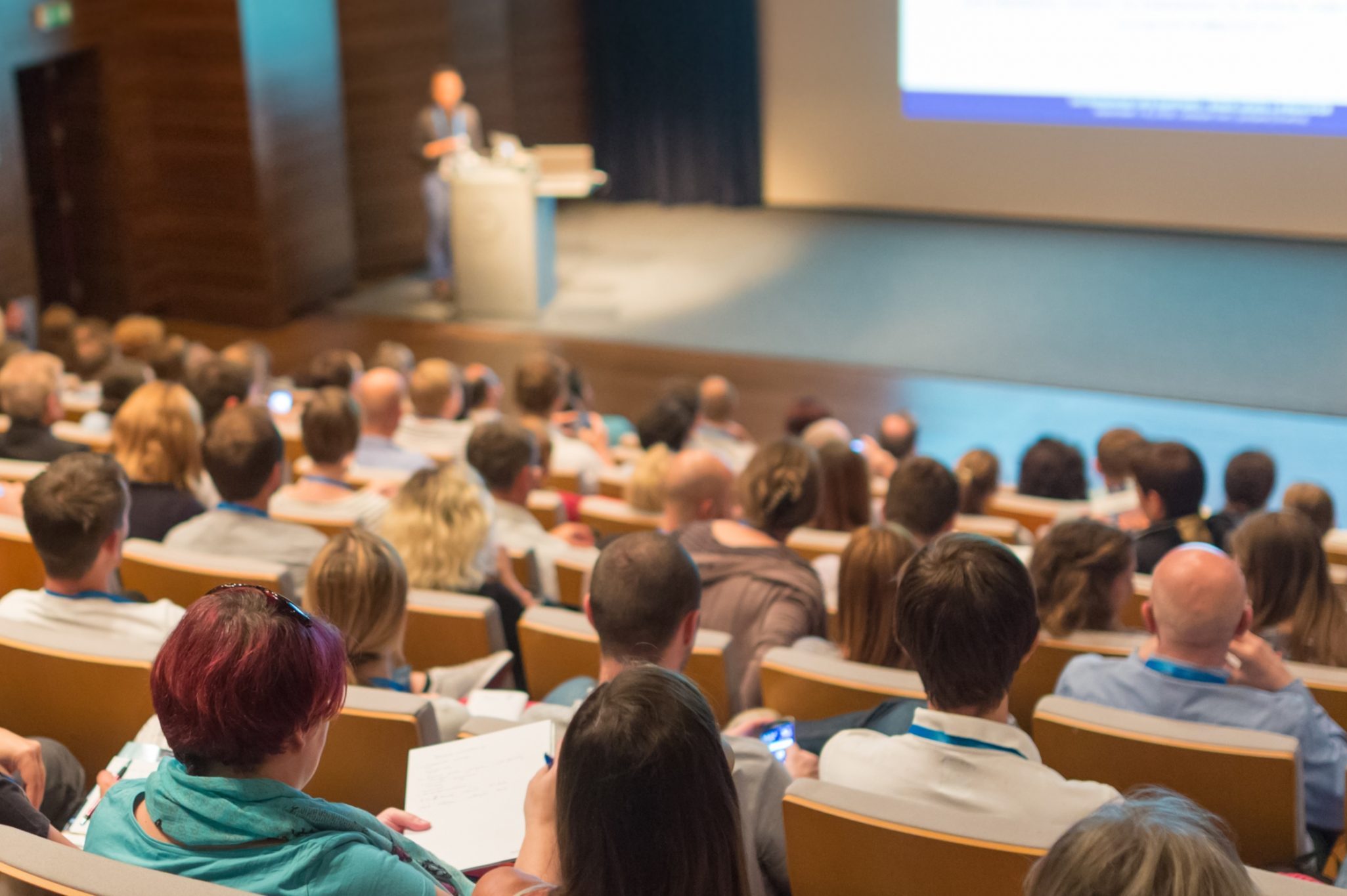
Master’s degree
Materials Engineering is an interdisciplinary and revolutionary sector that has transformed every aspect of modern life by gradually introducing new and crucial materials for the development of new technologies and numerous industries. The training is expected to give to the students a specific professional knowledge, oriented to find the best solutions for the production of materials and for their transformation and use processes.
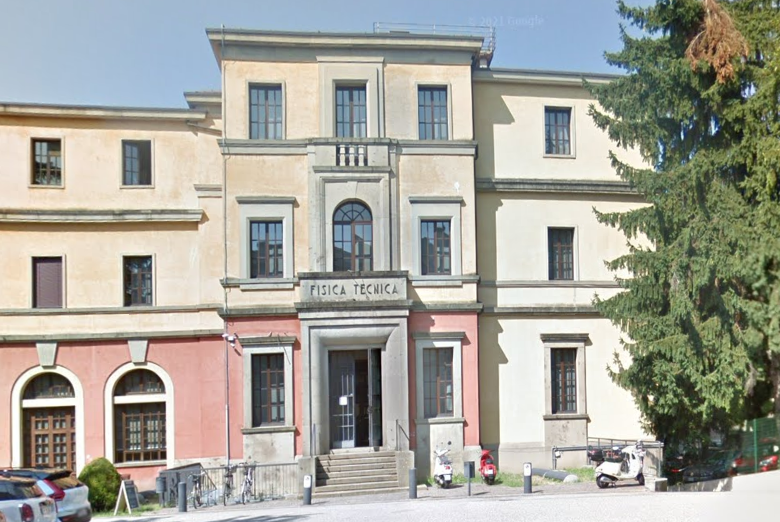
Access and curricula
The ‘natural’ path to the Master’s Degree Course in Materials Engineering is represented by the “Materials” address of the Bachelor’s (BSc) Degree in Chemical and Materials Engineering of the University of Padova. This path involves the full recognition of the 180 credits gained in the 1st level. The Master’s Degree course includes three curricula: A.M.A.S.E.; Functional materials; Advanced technologies.
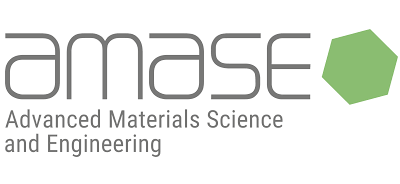
Erasmus Mundus (A.M.A.S.E.)
The MSc degree Program participates in the Erasmus Mundus program through A.M.A.S.E. curriculum. Erasmus Mundus Joint Master Degrees are excellent master’s degree courses offered jointly by at least 3 universities from three different European countries. The study activity takes place in at least two countries and, at the end of the course, a double or joint degree is issued by the institutions involved. Scholarships are provided thanks to EU funding.

COMPETITIVE PROJECTS AND STUDENT INITIATIVES
Competitive student projects are activities in which groups of students, usually coordinated by a professor, work on the design and construction of engineering products or systems. Afterwards, students present their projects and demonstrate the performances of their product with in field testsat national or international events in competition with students of other universities
LEARN MORESTAGE AND JOB PLACEMENT
On the Moodle platform of the University of Padova internship proposals for students and job offers for graduates are made available .
LEARN MORE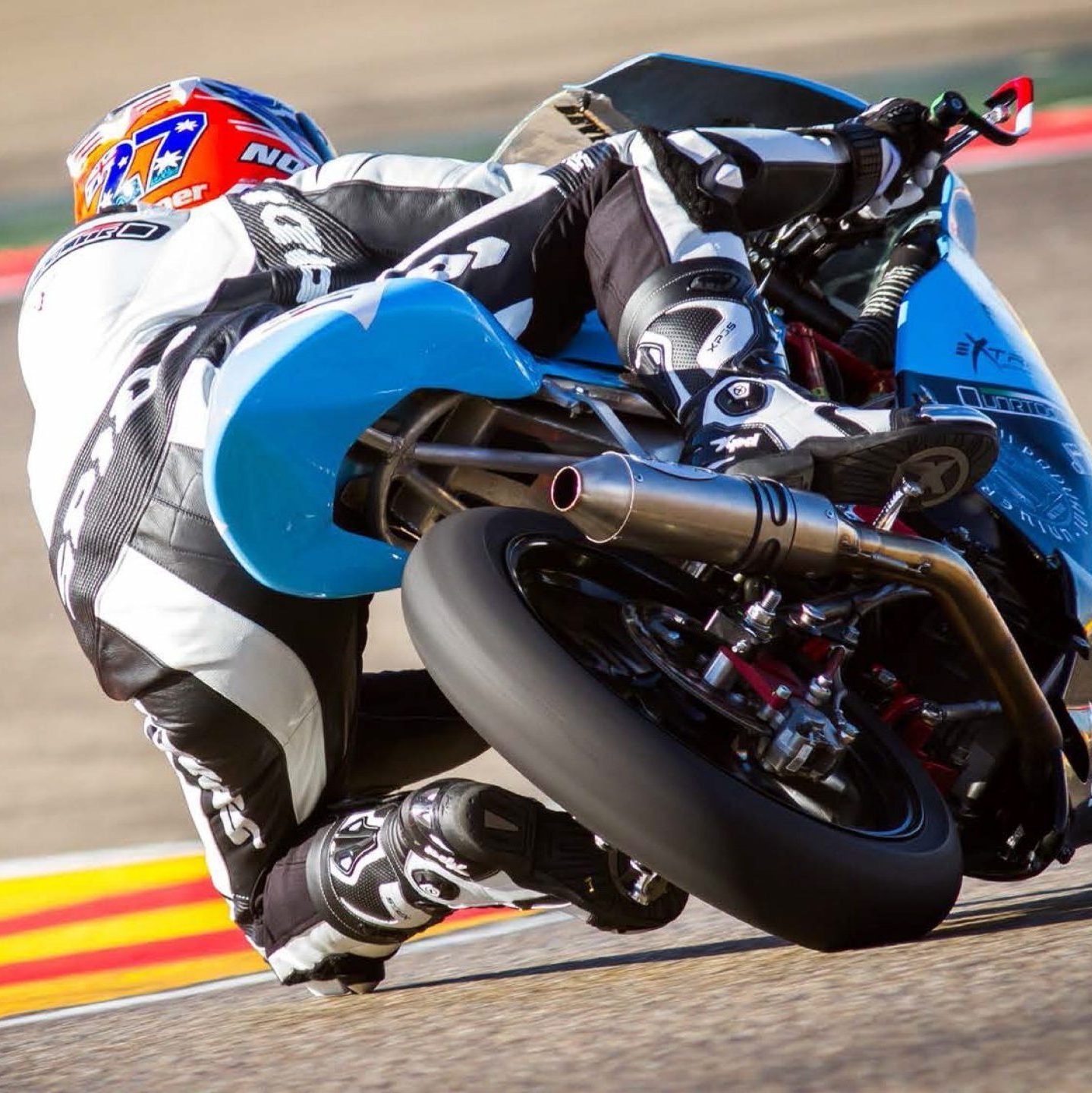
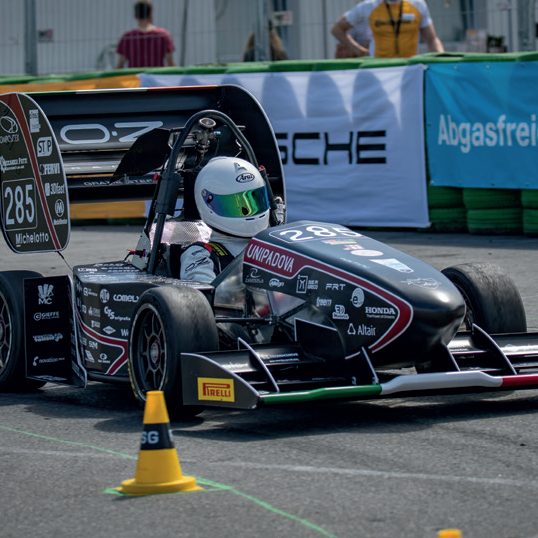
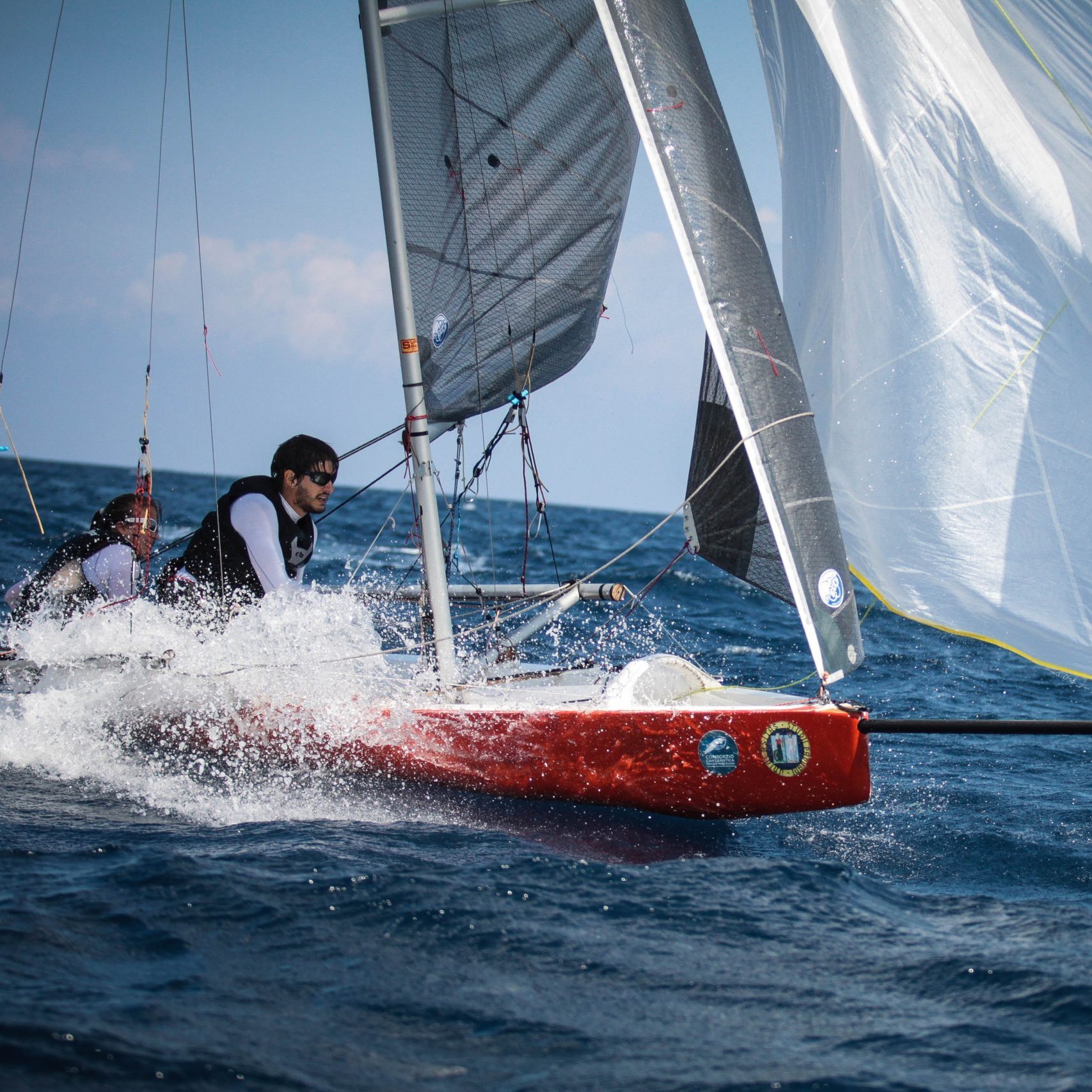
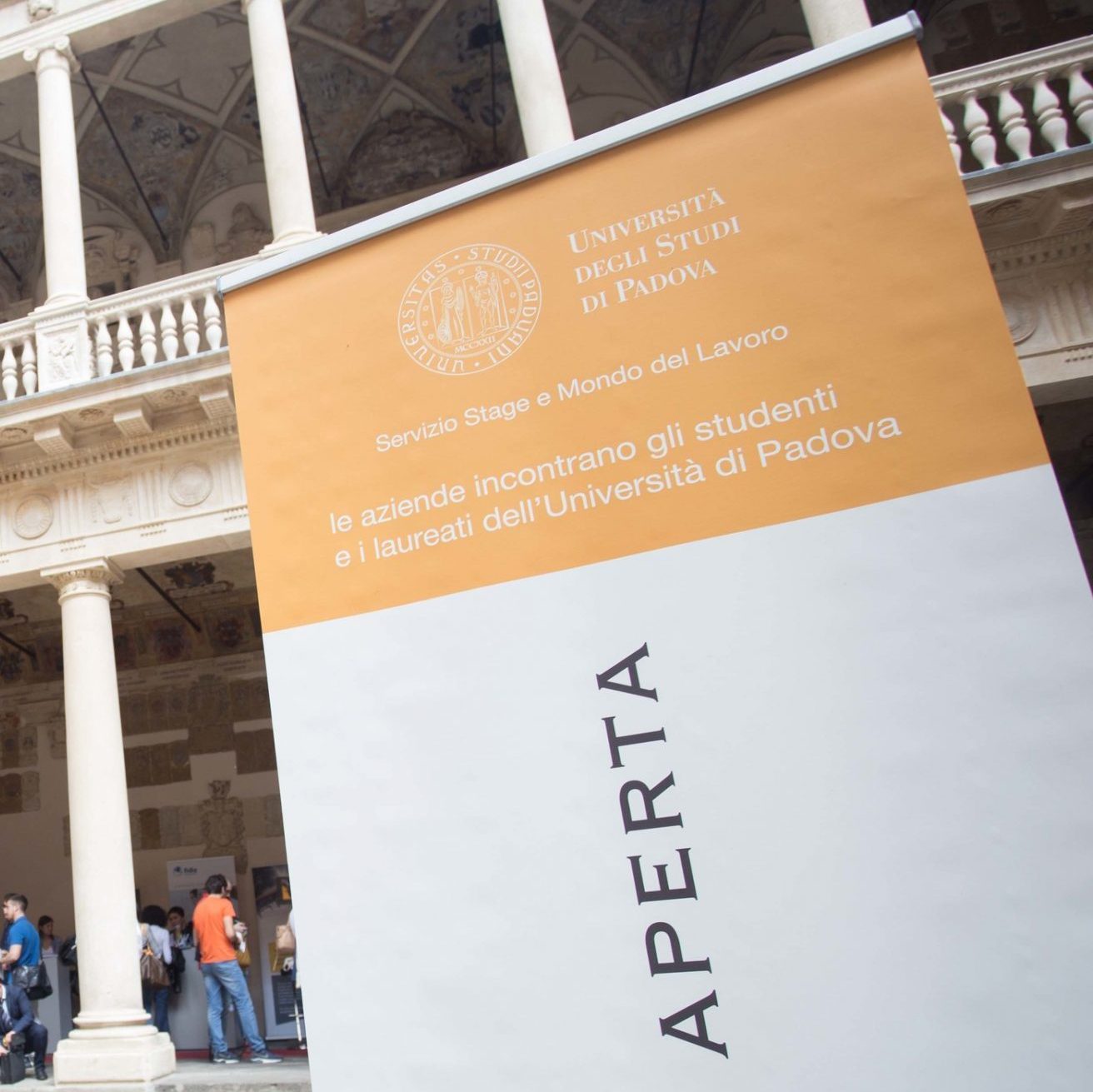
Contacts
https://www.dii.unipd.it/en/courses for general information Moodle of the course information for enrolled students (in Italian)
Prof. Alessandro Martucci (Programme coordinator) alex.martucci@unipd.it
Teaching Office: Department of Industrial Engineering, Via Venezia, 1 (third floor) – Padova didattica@dii.unipd.it
International students:
International Desk – Department of Industrial Engineering
international.dii@unipd.it

